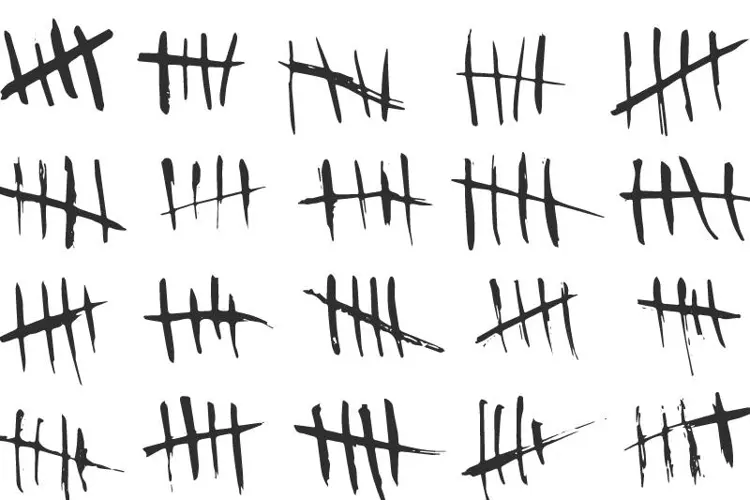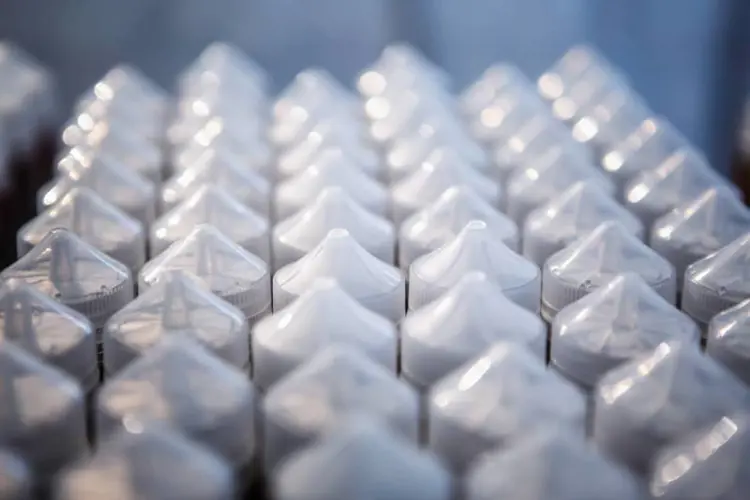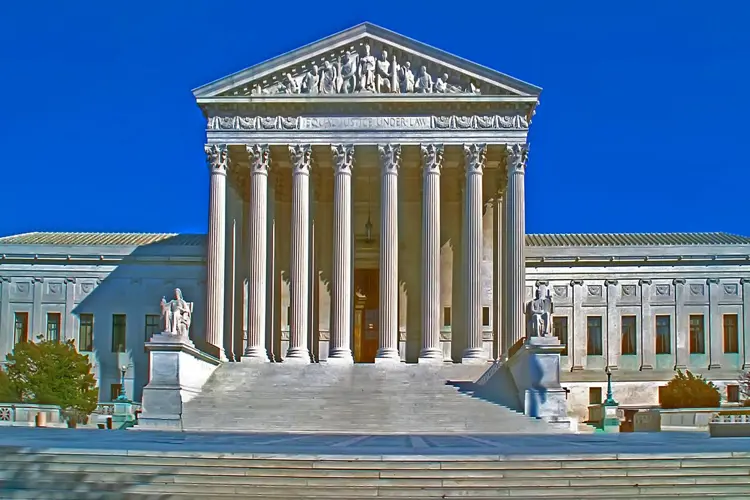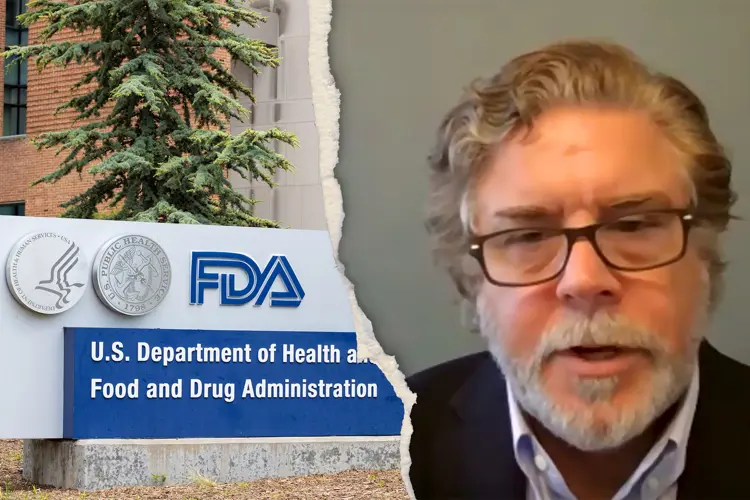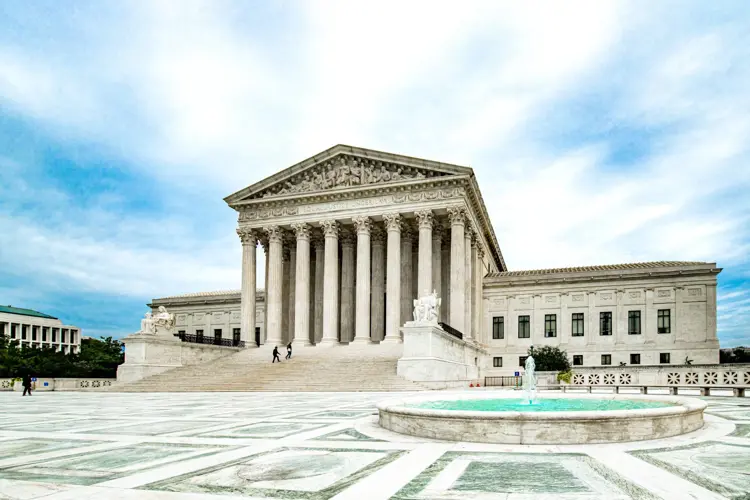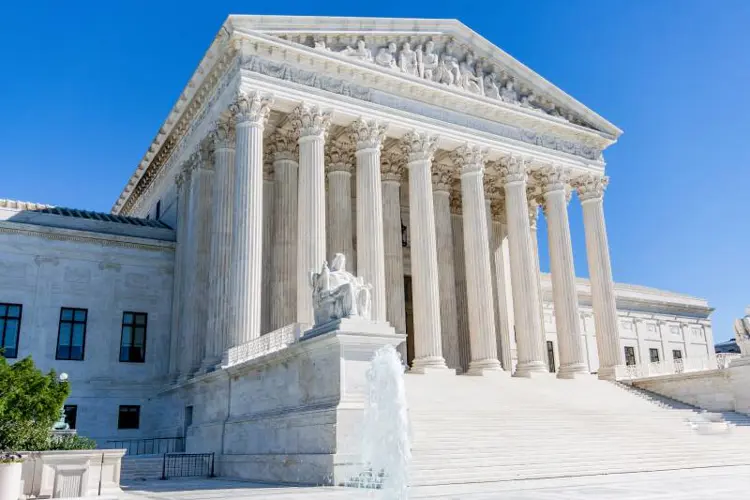July 2 - The Supreme Court has granted the FDA's petition and agreed to hear the agency's appeal of the Fifth Circuit's ruling in favor of Triton Distribution. The case will be heard next term, and probably decided in 2025.
June 28 - After issuing its decision that overturned the doctrine of Chevron deference, the Supreme Court scheduled a second conference on July 1 to discuss the four pending petitions related to FDA vaping regulation.
The U.S. Supreme Court has set a conference date of June 20 to review four outstanding petitions related to FDA regulation of vaping products. The four cases are:
In the Magellan, Lotus and Logic cases, the manufacturers lost marketing denial order (MDO) appeals in federal courts, and have petitioned the Supreme Court to grant writs of certiorari, agreeing to review the decisions. In the case that has garnered the most attention, the FDA has petitioned the court to review its Fifth Circuit Court loss in the MDO appeal by Triton Distribution.
Triton, a Texas-based e-liquid manufacturer, appealed its MDO in October 2021. Its case was consolidated with sister company Vapetasia’s, and the companieslost their consolidated appeal in the Fifth Circuit in 2022. Triton petitioned the court and was granted an en banc rehearing with all active Fifth Circuit judges, which Triton won 10-6.
Dozens of vape manufacturers have challenged MDOs in federal courts, and many petitions for review are still being litigated.
Triton is the “best vehicle” to answer PMTA questions
The government filed a reply brief in the Triton appeal yesterday. Solicitor General Elizabeth Prelogar, the Justice Department’s supervisor of litigation, urged the court to accept this case for review because it covers most of the questions posed in the other three and because it is responsible for the “circuit split” caused when multiple courts reach different conclusions.
In its June 20 conference, the justices could decide to accept one of the petitions, or more than one—or to reject all four. Lower court decisions would stand for petitioners whose cases are not accepted by the court. Triton and other manufacturers that have won appeals in the Fifth Circuit would be able to continue to sell products until the FDA completes new reviews of their premarket tobacco applications (PMTAs).
Four of the nine justices must agree to grant certiorari for a case to be accepted for review. The Supreme Court accepts only two to four percent of the petitions it receives each year.
Legal expert Jonathan Adler, a law professor at Case Western Reserve University in Cleveland, says the Triton petition is a “strong candidate” to be accepted by the court.
“The circuit split, and its ongoing effects on the FDA's ability to administer the PMTA approval process makes eventual Supreme Court review inevitable,” wrote Adler in March, “and if this is the case the DOJ pushes to tee up this issue, this is likely the case the Court will accept.”
FDA asks Supreme Court to review Fifth Circuit venue rulings
In related Supreme Court news, the FDA has filed a petition asking the high court to rule on the Fifth Circuit as an appropriate venue for MDO challenges by R.J. Reynolds. Reynolds has appealed three MDOs for Vuse menthol refills (for the Vuse Solo, Vibe and Alto devices) in the Fifth Circuit by recruiting co-plaintiffs with retail or distribution businesses located within the circuit. (The three appeals have since been consolidated by the court.)
The Tobacco Control Act specifies that appeals of FDA marketing decisions should be filed within 30 days “with the United States Court of Appeals for the District of Columbia or for the circuit in which such person resides or has their principal place of business.” R.J. Reynolds, says the FDA’s attorneys, “is incorporated, and thus resides, in North Carolina, and it maintains its principal place of business in Winston-Salem, North Carolina.” The Fourth or District of Columbia circuits would be the appropriate venues for Reynolds appeals, according to the FDA.
In each Reynolds appeal, government lawyers challenged the venue and were ruled against by the Fifth Circuit, which held that the venue was appropriate as long as one petitioner resided in the circuit.
“Relying on that holding, other out-of-circuit manufacturers have begun to file petitions for review in the Fifth Circuit using the same tactic,” writes the government. “The Fifth Circuit’s decision permits retail sellers of a tobacco product who have no right of judicial review under the Act to nevertheless gain review; effectively nullifies the Act’s limits on venue; facilitates blatant forum shopping; and undermines the precedents of other circuits. This Court should grant review and reverse the Fifth Circuit’s order in Alto denying the motion to dismiss or transfer.”
Government lawyers provide reasons why the Supreme Court should review (and overturn) the Fifth Circuit’s venue decisions, the primary rationale being that the appeal provision in the Tobacco Control Act applies to manufacturers, not retail sellers of products denied marketing authorization.
Meanwhile, the Fifth Circuit granted Reynolds’ motion to stay court proceedings in the consolidated Vuse MDO appeals pending the outcome of the FDA’s Triton Distribution petition to the Supreme Court.
“Awaiting final judgment in these cases could thus involve a years-long delay,” says the government legal team. “In the meantime, the Fifth Circuit’s stays of FDA’s denial orders would remain in effect, and Reynolds and other manufacturers would continue to sell e-cigarette products that FDA has never authorized. Further, petitions for review filed by out-of-circuit manufacturers would continue to pile up in the Fifth Circuit.”
The Freemax REXA PRO and REXA SMART are highly advanced pod vapes, offering seemingly endless features, beautiful touchscreens, and new DUOMAX pods.
The OXVA XLIM Pro 2 DNA is powered by a custom-made Evolv DNA chipset, offering a Replay function and dry hit protection. Read our review to find out more.
The SKE Bar is a 2 mL replaceable pod vape with a 500 mAh battery, a 1.2-ohm mesh coil, and 35 flavors to choose from in 2% nicotine.
Because of declining cigarette sales, state governments in the U.S. and countries around the world are looking to vapor products as a new source of tax revenue.
The legal age to buy e-cigarettes and other vaping products varies around the world. The United States recently changed the legal minimum sales age to 21.
A list of vaping product flavor bans and online sales bans in the United States, and sales and possession bans in other countries.







